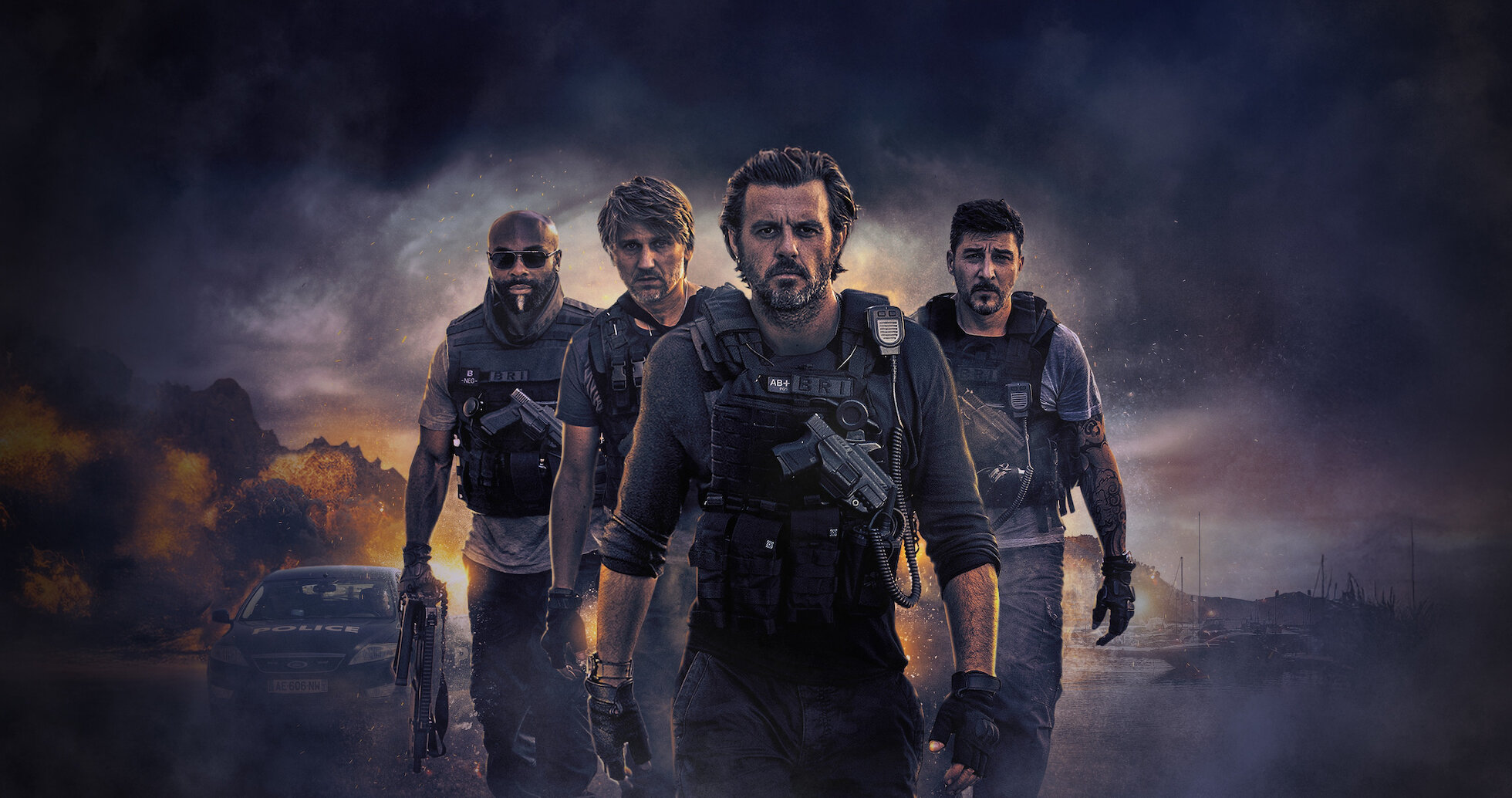The Crow (1994): A Tragic Symphony of Vengeance and Redemption
In the rain-soaked shadows of a decaying city, The Crow (1994) rises from the ashes of tragedy as a haunting tale of love, loss, and justice from beyond the grave. Directed by Alex Proyas and based on James O'Barr’s graphic novel, the film transcends its genre roots to become a cult classic—a poetic blend of gothic atmosphere, raw emotion, and brutal revenge.

Set in a bleak, almost dystopian version of Detroit, the story follows Eric Draven, a young musician brutally murdered alongside his fiancée, Shelly, on the eve of their wedding. One year later, guided by a mysterious crow—a supernatural symbol of vengeance—Eric returns from the dead. No longer a man, but something more, something elemental. With deathless eyes and a face painted like a harlequin of sorrow, he hunts those who destroyed his life, not out of hatred, but because justice demands it.

Brandon Lee’s performance as Eric Draven is the heart and soul of the film. Tragic in both art and reality—Lee died in an accident during filming—his presence is otherworldly. He moves through scenes like a ghost drenched in pain, wielding a poet’s grief and a warrior’s fury. His portrayal is tender, furious, and unforgettable—infused with irony and heartbreak that echo far beyond the screen.

The visual style of The Crow is a masterpiece of cinematic mood. Bathed in shadows, fire, and rain, the film’s noir-gothic aesthetic mirrors Eric’s torment and the decay of the city he once called home. Every frame feels like a page torn from a dark fairytale—grim, beautiful, and bleeding with sorrow. The soundtrack, a blend of industrial rock and melancholic tones from bands like The Cure, Nine Inch Nails, and Stone Temple Pilots, acts as an elegy for a world where hope is a fragile ember in a storm.

But The Crow is more than just a revenge story. Beneath its violence and stylized darkness lies a deeper message: that love endures beyond death, and that even in the depths of despair, there is beauty in memory. Eric is not merely seeking vengeance—he is fulfilling a promise, giving voice to a love that refused to die.
Themes of justice, redemption, and the supernatural are woven tightly through the narrative, but it’s the emotional weight—the ache of absence and the echo of love—that gives The Crow its lasting power. It speaks to anyone who has lost someone, anyone who has wished for the impossible: to bring back what was taken, even if just for a moment.
The Crow is a dark hymn for the brokenhearted, a gothic requiem that still resonates. It tells us that “real love is forever”—and through its tragedy, it finds a strange, haunting kind of hope.



